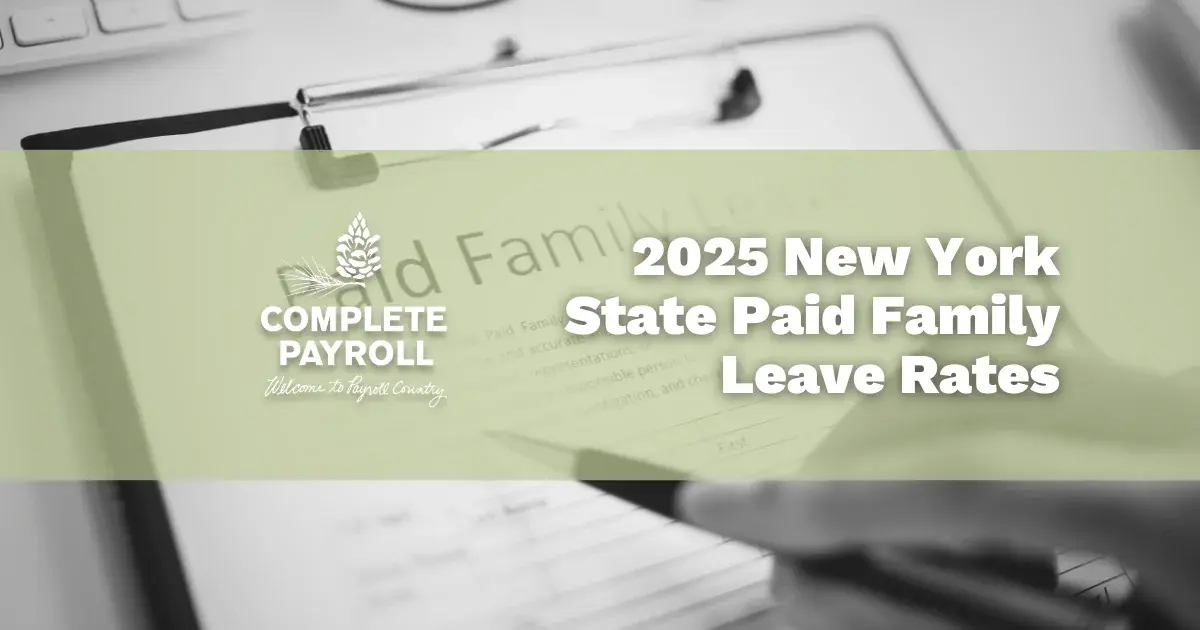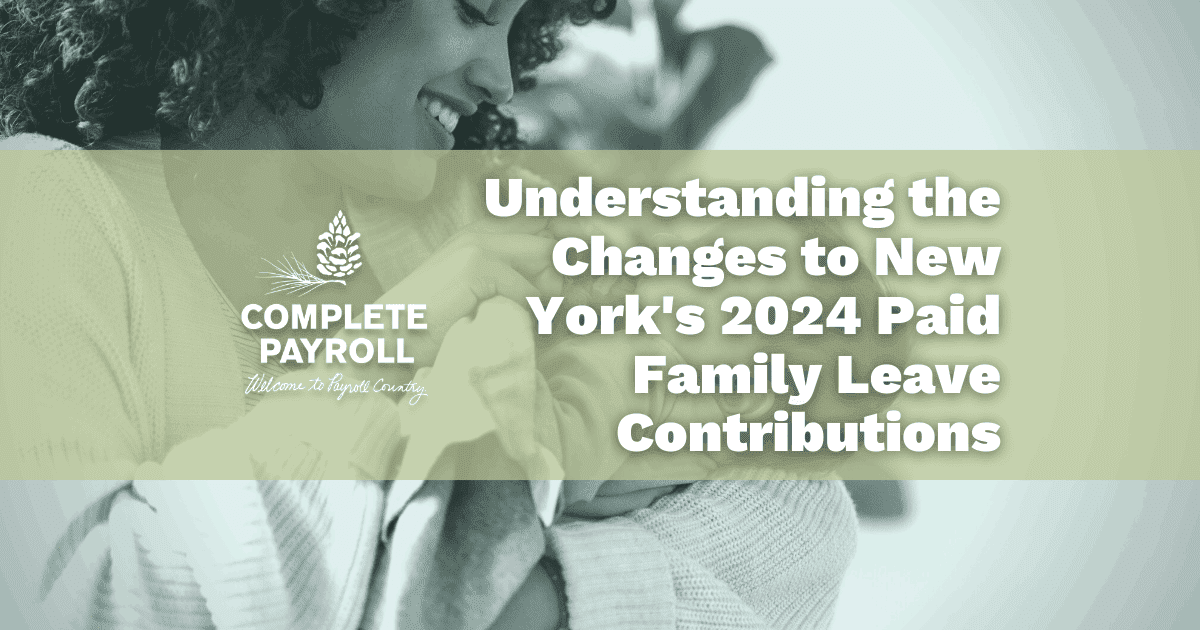
There doesn’t seem to be a part of American life that the emergence of COVID-19 has not affected. It has changed the way people work, run their businesses and go to school.
On March 18, 2020, President Trump signed into law the Families First Coronavirus Response Act (H.R. 6201). The law became effective April 1, 2020, and expires on Dec. 31, 2020. This act helps alleviate some of the more negative effects that the virus has had on employees and their families.
Below, we outline some of the most important aspects of the FFCRA for employers to note as they navigate these unfamiliar waters.
Expanded FMLA
One thing accomplished by the FFCRA is the expansion of FMLA to cover obstacles that COVID-19 has created for employees. Here are the most important takeaways for you to know for your workforce:
What is expanded?
The Emergency Family and Medical Leave Expansion Act amended the current Family and Medical Leave Act (FMLA) by allowing leave for eligible employees who are unable to work or telework due to their minor child’s school or daycare being closed by a COVID-19 emergency as declared on federal, state or local authority.
Who is eligible?
Those who are eligible for this emergency leave include employees who have been on the payroll for a company for at least 30 calendar days. In addition, eligible employees also include those who work for an employer with fewer than 500 employees.
Is this paid leave?
The first 10 days of leave may be unpaid. After these initial 10 days, employers must pay eligible employees at least two-thirds of the employee’s regular pay. These paid leave benefits are capped at $200 a day and $10,000 total.
During the initial 10 days of unpaid leave, employees may choose to use available paid time off such as vacation days, sick days or personal leave. However, employers may not require the use of these days. It is up to the employee if they wish to do so.
When is this effective?
The expanded FMLA provisions took effect April 1, 2020, and expire on Dec. 31, 2020.
Paid Sick Leave
The FFCRA also outlined provisions for paid sick leave due to COVID-19 related illnesses. Here are some of the guidelines for employers to consider:
Who is eligible?
All employees are eligible for paid sick leave for COVID-19 reasons. The only exception is employers of health care providers or emergency responders. Employees are eligible for this paid sick leave no matter how long they have worked for the employer.
How much leave is required?
Employers must provide full-time employees with up to 80 hours of paid sick leave if an employee is unable to work or telework due to COVID-19. Part-time employers also get paid sick leave based on the number of hours they work on average in a two week period.
What qualifies an employee for leave?
Qualifying reasons for this paid sick leave include:
- The employee is subject to a federal, state or local quarantine or isolation order related to COVID–19.
- The employee has been advised by a health care provider to self-quarantine due to concerns related to COVID–19.
- The employee is experiencing symptoms of COVID-19 and seeking a medical diagnosis.
- The employee is caring for an individual who is subject to No. 1 or 2 above.
- The employee is caring for his or her son or daughter if the school or place of care of the son or daughter has been closed or the childcare provider of such son or daughter is unavailable due to COVID-19 precautions.
- The employee is experiencing any other substantially similar condition specified by the secretary of health and human services in consultation with the secretary of the treasury and the secretary of labor.
What are the pay requirements?
Requirements for compensation depend on why sick leave is being taken. If the employee is taking leave due to No. 1, 2 or 3 above, the employer must pay them their regular rate of pay or minimum wage, whichever is greater.
If they are taking leave for No. 4, 5 or 6 above, they must be paid two-thirds of the regular rate of pay or minimum wage, whichever is greater.
Does an employee have to take other available paid leave?
If an employee has accrued paid time off in the form of sick days, personal days or vacation days, an employer may not require the employee to use these days before using paid sick time under this law.
When is this effective?
The paid sick leave provisions took effect April 1, 2020, and expire on Dec. 31, 2020.
While this is by no means exhaustive of the changes the FFCRA has brought to the workplace, the updates discussed above are two of the largest and most urgent places you should take note of as an employer. If you’re looking for guidance in drafting your business’s policy for FFCRA, contact the professionals at Complete Payroll for one-on-one guidance in creating policy during these unprecedented times.

















 Get Instant Blog Notifications
Get Instant Blog Notifications


